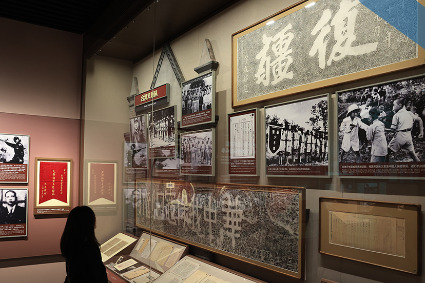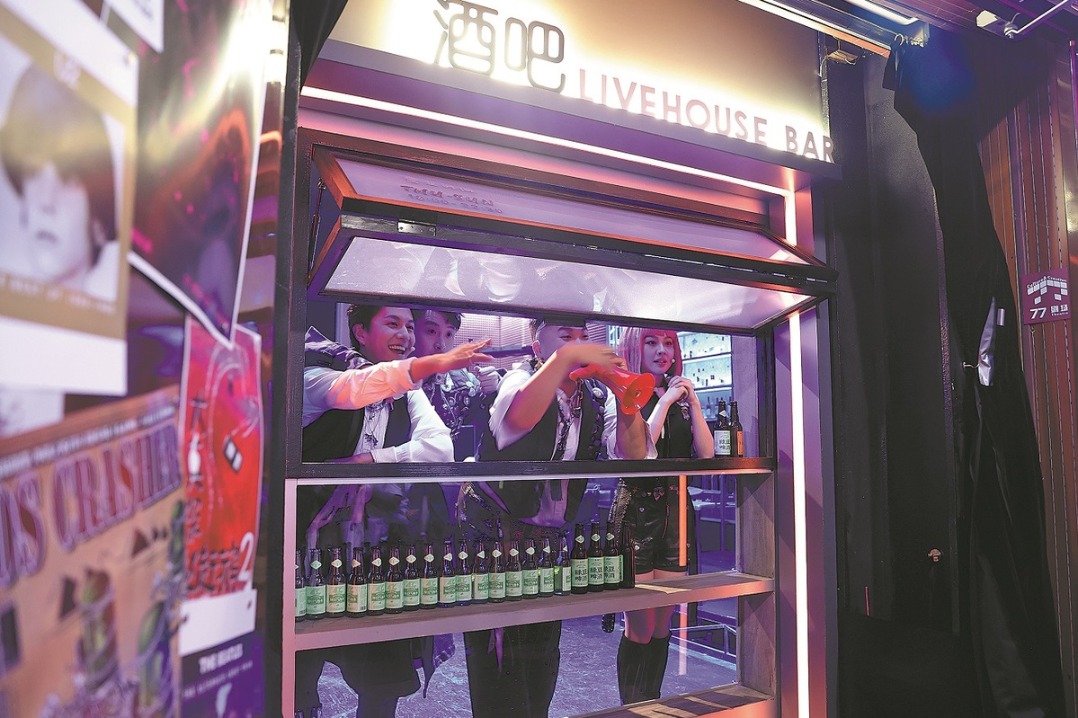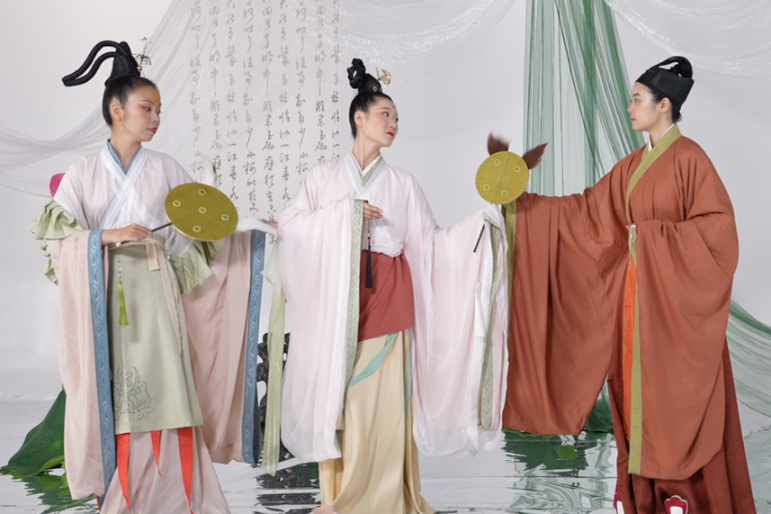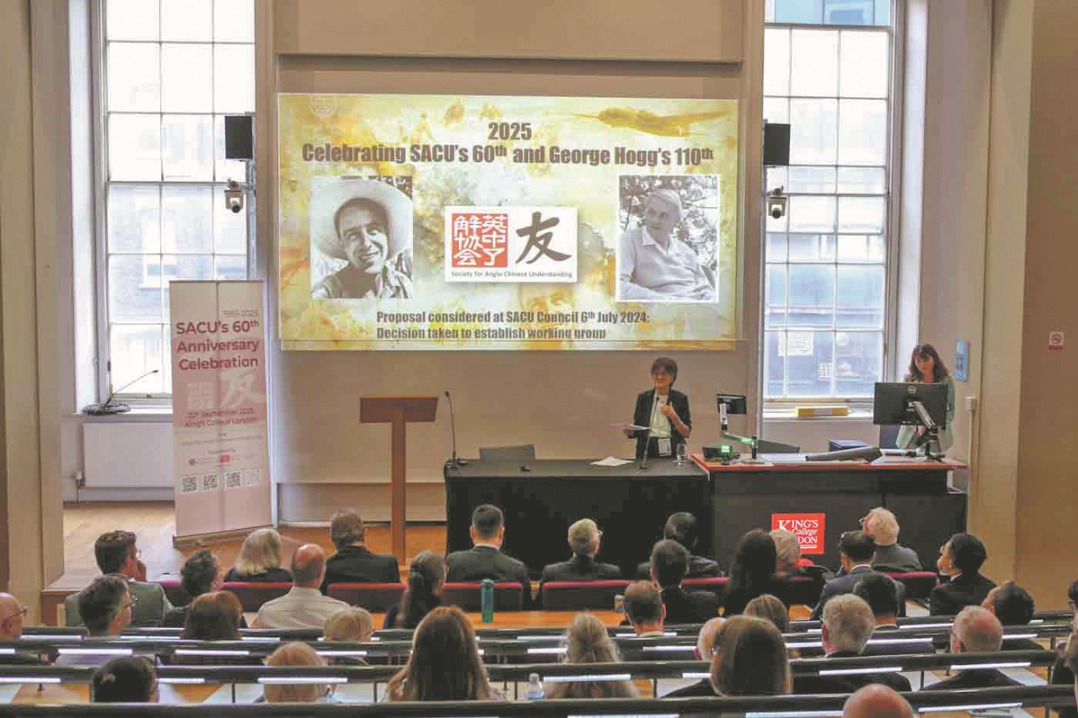'Apron Mom' urged to cut strings to outdated image
Popular cartoon sparks debate about gender roles, family chores


Domestic 'servant'
Xiao Yuman from Xi'an, Shaanxi province, has been reading both Chinese and foreign picture books to her 11-year-old daughter since the child was an infant.
She says the very name "Apron Mom" ties the character to domestic labor, reducing her identity to that of a household servant. The father's professional identity as an engineer is frequently mentioned, while the mother's occupation is rarely, if ever, addressed.
"This reinforced the traditional gender divide of men working outside and women staying inside," said Xiao.
"Apron Mom shouldered nearly all household duties, while Small-Head Dad was often absent from housework due to work commitments, which hinted at a broader societal tolerance for low paternal involvement in child rearing."
For Maebo, these strong responses toward this last-century cartoon point to wider social progress.
"It's about how women's voices are growing stronger as they become more engaged in production in society," she said.
"As a classic cartoon, the characters were familiar to almost every household, but looking at the story from Apron Mom's perspective feels like a fresh angle. It's the classic image of motherhood clashing with modern social thinking — that tension makes people pause."
Maebo said in real life she had never encountered anyone like Apron Mom "an emotionless machine that silently performs unpaid domestic labor without resistance".
Her awareness of gender roles began early in life. Her father took on more parenting responsibilities, while her mother focused on running a business.
"As a child, I often felt confused. What I saw on television didn't match what I experienced at home," she said.
Yang Yiyi, a Chinese PhD student in the United States, said straddling both Eastern and Western cultures had prompted her to reflect deeply on the gender dynamics in her family.
Her mother is from Jilin province, and her father is from Shandong province. She recalls the stark division of labor during Chinese New Year celebrations.
"The women would handle almost all the food preparation while the men sat around drinking and chatting," she said. "Even my uncle, known for being an excellent cook, still relied on the women in the family to assist him in the kitchen, while the other men remained uninvolved."
Yang said family attitudes toward childbirth also differed. She found it strange to hear men — her father and his brothers — talk so casually about how "it's good to have children and how people should have more".
"They're not the ones going through pregnancy. They don't have a uterus, yet they speak as if the physical and emotional burden on women doesn't matter," she said.
























